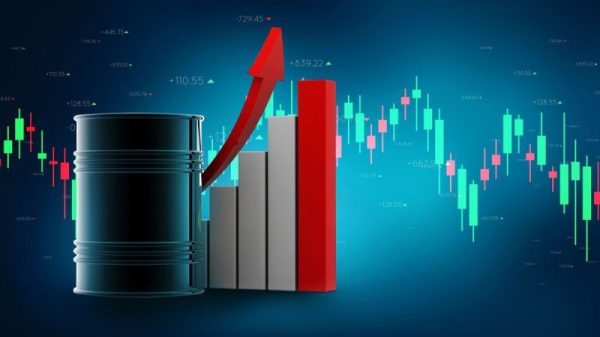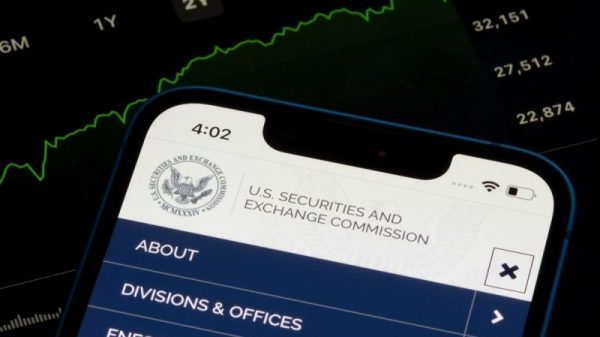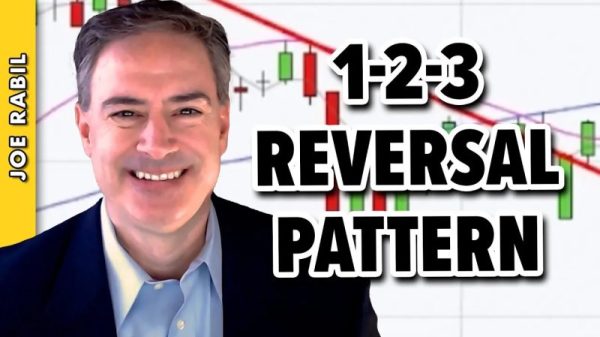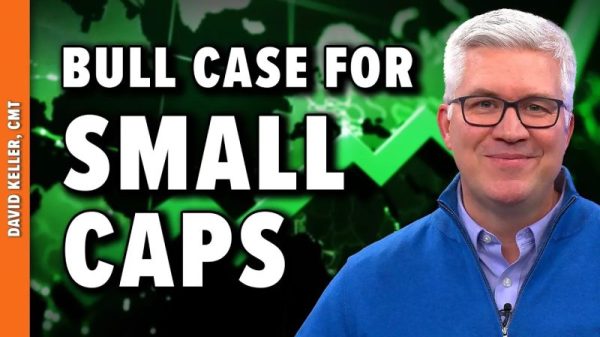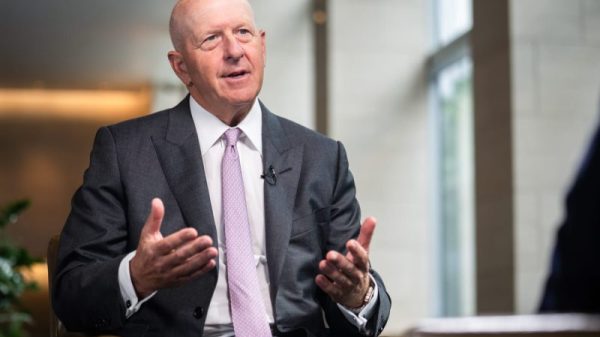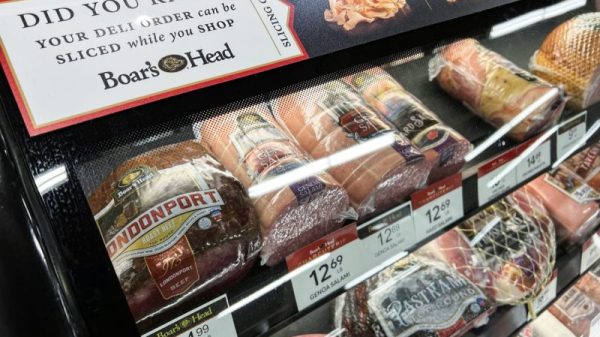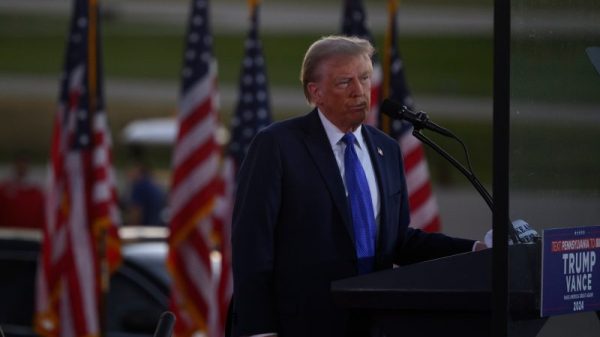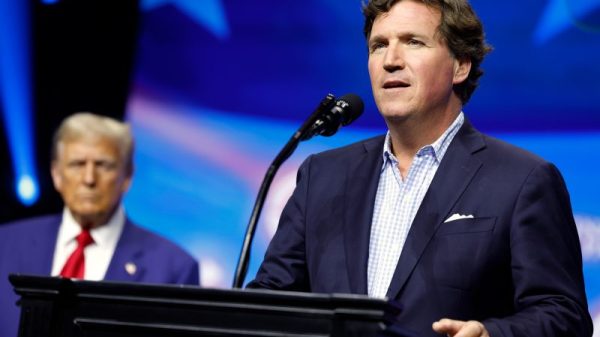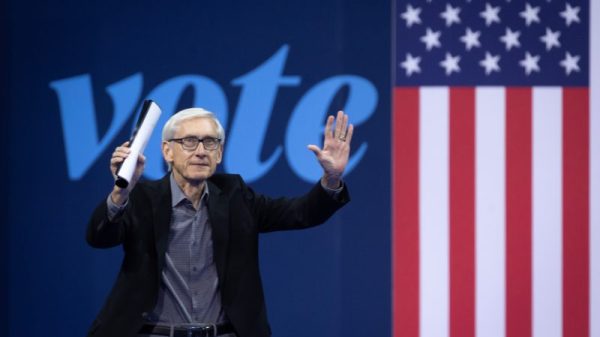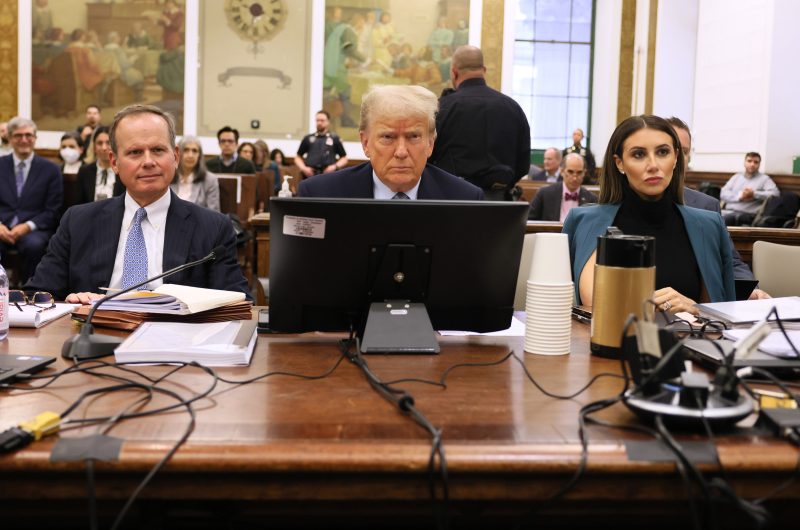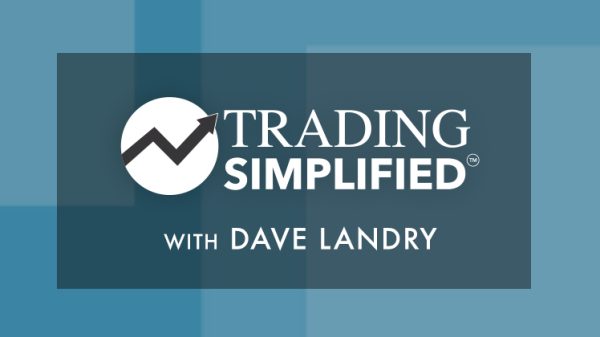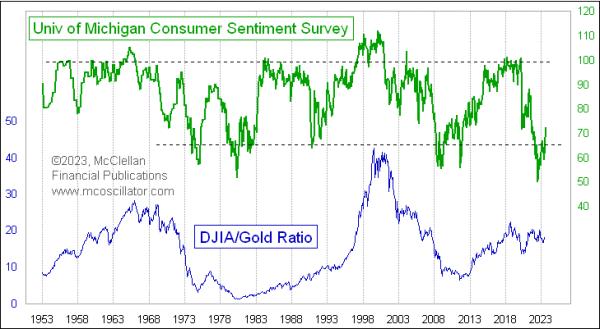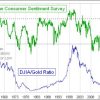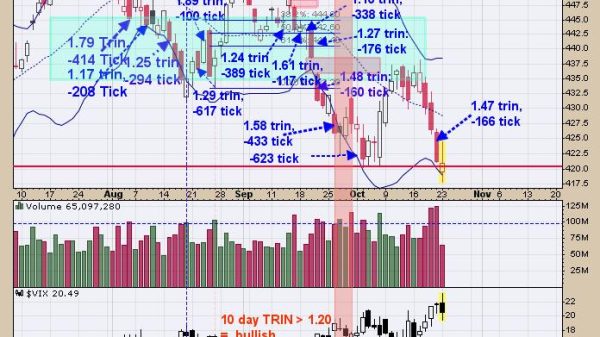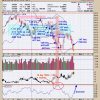NEW YORK — Former Trump Organization insider Michael Cohen testified in state court that his ex-boss Donald Trump instructed him to fudge numbers on annual financial statements so that they would show his desired net worth.
Patrick Birney, a Trump Organization employee, said in court that a top executive told him Trump wanted a bigger bottom line on his annual statements, which were given to banks and insurance companies.
An insurance underwriter, Claudia Mouradian, whose deposition was played at the trial, said she relied on the Trump Organization’s claim that a statement reporting roughly $6 billion in combined golf and real estate assets had been verified by professional appraisers.
These were among the assertions presented during six weeks of trial and testimony in a lawsuit brought against Trump and his business by New York Attorney General Letitia James (D). Her civil case has sought to prove that the former president, his adult sons and their company deliberately inflated the values Trump included on his annual financial statements to secure better terms from bankers and insurers.
James filed her lawsuit last year, and she is asking New York Supreme Court Judge Arthur Engoron to fine the company at least $250 million and render Trump and his family unable to operate in New York by barring them from borrowing money or owning companies. Trump’s defense has denied wrongdoing.
By the time James’s side rested Wednesday, with the defense team scheduled to begin presenting its case Monday, the attorney general’s office had sought to paint Trump as a figure whose ego relied heavily on how he compared to other billionaires and developers — and had lied in financial records to bolster his own standing.
A mountain of documents presented at the trial also demonstrated the company’s inconsistent and irregular methodologies in compiling the financial statements to his benefit. In total, 25 witnesses were called to discuss documents and share firsthand accounts.
Those included Trump, his adult sons Donald Trump Jr. and Eric Trump, and his daughter Ivanka Trump, who is not a defendant in the case. Each of them testified to knowing little, if anything, about the creation of financial documents at the center of the trial.
Donald Trump Jr. and Eric Trump testified this month that they trusted the company’s accountants.
“If they assured me in their expert opinion that these things were fine I would have been fine with that and signed off accordingly,” Donald Trump Jr. said.
Legal analysts and other observers say the testimony thus far has potential shortcomings, including that no employee has testified that Trump ordered the values to be manipulated — except for Cohen, who previously admitted to lying under oath and has a well-documented, admitted grudge against Trump. And there is also no trail of records leading directly to Trump, who famously avoids communicating by email.
The case has clearly irritated Trump, though, who repeatedly attended and denounced the trial throughout the proceedings. It also carries enormous implications for him and his company.
Engoron, who is hearing the case without a jury, already ruled before the trial that the company’s financial statements were fraudulent and is requesting a receiver be installed to “dissolve” Trump’s entities in the state.
“If you had to win this case on the basis of people who were working with Trump you’d have a hard time,” George Washington University law professor Stephen A. Saltzburg said in an interview.
Saltzburg said James’s strongest point in public remarks to date has been about the significance of the financial statements.
“I think it’s going to be proven by the fact that the discrepancies are more than just honest judgment mistakes,” Saltzburg said. “I do think the judge is going to hold those who signed the documents responsible.”
This is a civil case, not a criminal trial, so none of the defendants face any time behind bars as a result. It comes as Trump is facing a looming swirl of legal troubles, including four separate criminal cases filed against him this year. Amid all of these allegations and indictments, Trump is also the leading candidate for the Republican presidential nomination next year.
When Trump took the stand to testify last week, he clashed with Engoron and belittled James and her case. Her office also succeeded in getting Trump to confirm that he played a role in preparing the statements by sometimes providing input to his staff as they prepared them.
“Is it correct you were responsible for determining the values stated in the financial statement?” Kevin Wallace, a senior attorney on James’s team, asked Trump on direct examination.
“I … have shown that I know more about real estate than other people,” Trump said. “So if somebody would ask me or if I would have an opinion I would — I would give it.”
Trump attempted to land some surprise counterattacks against the investigators, but didn’t always succeed. He repeatedly highlighted the lengthy legal disclaimers included in his annual statements, at one point pulling a copy of one from his pocket, trying to introduce his own unofficial exhibit at trial.
The disclaimer was no smoking gun — it had been a matter of public record for several years since Cohen first discussed Trump’s alleged use of the statements to mislead business partners and provided copies of records to Congress. When Trump, as a witness, was told he couldn’t introduce an exhibit, he added it to his long list of complaints claiming unfair treatment at the trial.
While the trial and lawsuit have taken aim at Trump’s own self-image as a business colossus, experts and legal analysts said James’s case also had limitations.
Other than Trump’s signature on the statements themselves, James produced no company documents showing Trump had a hand in preparing the statements or inflating the values.
Only one witness pointed a finger directly at Trump — and he has publicly acknowledged that he has not always been honest, even under oath.
“I was tasked by Mr. Trump to increase the total assets based upon a number that he arbitrarily elected … [to] increase those assets in order to achieve the number that Mr. Trump had tasked us,” Cohen, Trump’s former attorney and “fixer,” testified on Oct. 24.
Throughout hours of combative cross-examination, however, Cohen conceded that in February 2019 he told Congress that Trump never actually instructed him and longtime finance chief Allen Weisselberg to doctor his annual net worth reports. Cohen later clarified in the ongoing civil trial that while Trump never outright said to order the falsifications, he hinted his expectations like a “mob boss” calling shots in code.
Other witnesses called by James’s side declined to point a finger at Trump. Birney’s testimony largely relieved Trump executives of blame. Accountant Donald Bender, who did Trump’s personal and business taxes for decades, said he relied on the Trump Organization’s figures to compile reports but did not have knowledge of any intentional tampering.
Also, the Trump Organization’s biggest lender, Deutsche Bank, made millions off its relationship with the Trumps. Trump’s primary banker there previously said in a deposition that she was unaware of any bad information Trump or the other family members had given to the bank, potentially undermining the idea that the statements had unfairly benefited Trump.
Trump’s defense has argued that there were no victims in the case and nothing illegal occurred.
When the defense begins presenting its own case, Donald Trump Jr., Trump’s oldest son — who is a defendant in the case, as is his brother, Eric Trump — will return to the stand as the defense’s first witness. Trump’s attorneys are expected to argue that his financial statements were legitimate, that valuations are subjective and that Trump properties were worth a fortune.
None of the banks were duped, because they did not rely on the statements to verify Trump’s worthiness as a business partner, the defense says.
A pretrial ruling by Engoron remains potentially momentous in the case — albeit with questions about its ultimate meaning.
In the Sept. 26 ruling, Engoron ordered all of Trump’s “business certificates” in the state be canceled. The decision arrived like an earthquake, clearly putting Trump at risk of losing control over his New York empire. But its wording left attorneys to argue what precisely it meant for his company.
New York business certificates allow limited liability corporations (LLCs) to operate under trade names. The Trump Corporation, for instance, has a certificate allowing it to operate under the name Trump International Realty, according to county records. The certificates are sometimes referred to as “DBA” certificates, for “doing business as.”
Engoron’s ruling confused some experts in part because he canceled the certificates but not necessarily the underlying LLCs, potentially giving Trump’s attorneys a window to argue that the businesses could still be viable.
Legal experts said the effect would be the same.
“The Trump Organization is a partnership of all of these LLCs together, relying on the business certificates,” Boston College law professor Brian Quinn said. Bank loans probably require such affiliations to remain in place, he said.
Cornell University law professor Celia Bigoness said if the certificates were canceled, so too would be “all other authorizations that stem from those certificates,” among them basic needs like the ability to collect sales tax.
The judge also ordered a receiver be put in place to “manage the dissolution of the canceled LLCs.”
Gregory E. Louis, associate law professor at CUNY Law School, said Engoron may not have been clear in his phrasing, but that his rulings taken together signaled that “at least Justice Engoron understands the scope of his order” as having dissolved the underlying companies as well.
Despite that setback, Trump has not backed away from the numbers on his statements, brashly explaining during his testimony on Nov. 6 that he felt most of the values were still lower than they should have been.
“The overall number of value is much higher than the number in the financial statements,” Trump testified.
Trump’s attorneys have apparently sought to create a record they could use in any appellate proceedings to help them preserve the company’s structure.
John C. Coffee Jr., a law professor at Columbia University, said Trump may be working against his team’s efforts to build the most effective appeal by focusing so much of his own energy on attacking Engoron.
“I think Trump’s rather volatile performance … [and his] occasional moments of rage does hurt him, because judges basically respect the judiciary and don’t like to be insulted by defendants,” Coffee said.
O’Connell and Berman reported from Washington.



